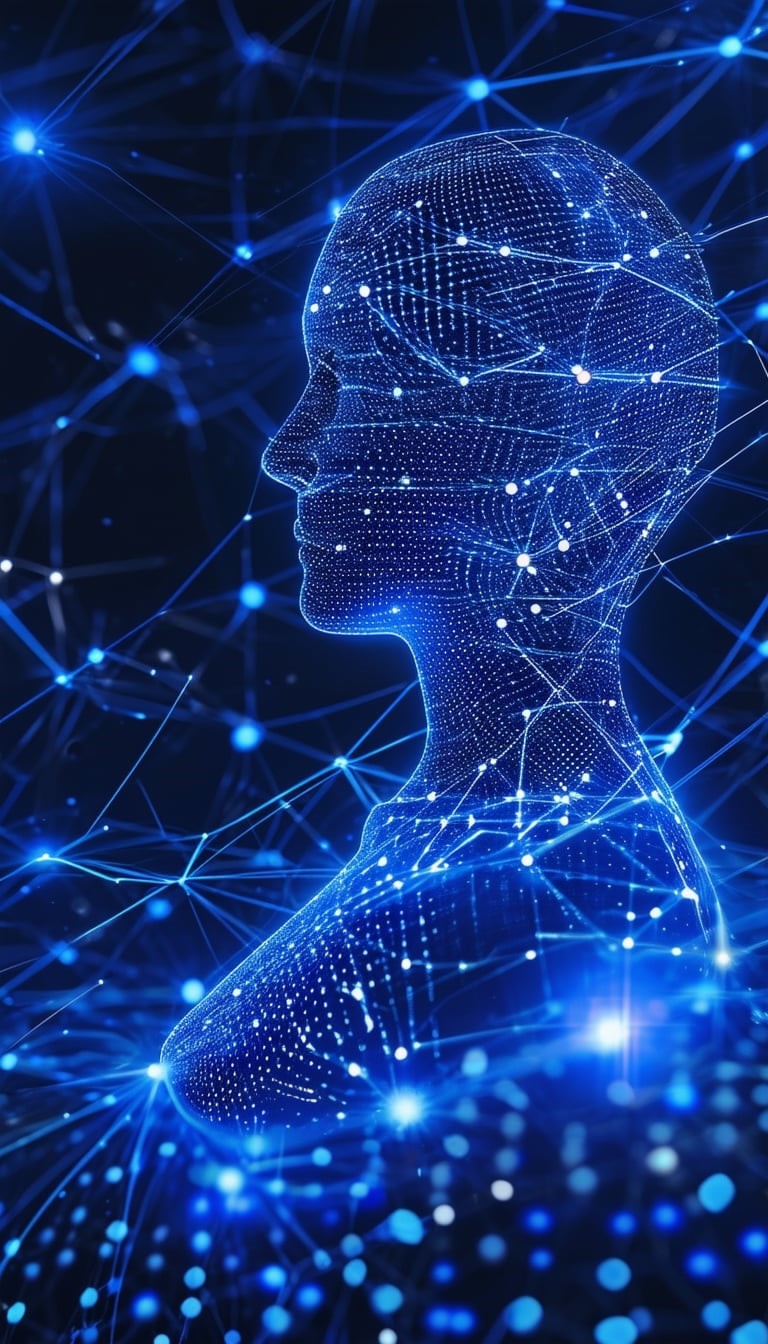My Last Five Years of Work
I am 25. These next three years might be the last few years that I work. I am not ill, nor am I becoming a stay-at-home mom, nor have I been so financially fortunate to be on the brink of voluntary retirement. I stand at the edge of a technological development that seems likely, should it arrive, to end employment as I know it.
I work at a frontier AI company. With every iteration of our model, I am confronted with something more capable and general than before. At this stage, it can competently generate cogent content on a wide range of topics. It can summarize and analyze texts passably well. As someone who at one point made money as a freelance writer and prided myself on my ability to write large amounts of content quickly, a skill which—like cutting blocks of ice from a frozen pond—is arguably obsolete, I find it hard not to notice these advances. Freelance writing was always an oversubscribed skillset, and the introduction of language models has further intensified competition.
I expect AI to get much better than it is today. Research on AI systems has shown that they predictably improve given better algorithms, more and better quality data, and more computational power. Labs are in the process of further scaling up their clusters—the groupings of computers that the algorithms run on. Machine learning is a young field, with an enormous amount of “low hanging fruit” in terms of discoveries, meaning that researchers continuously find improvements to the algorithms of these AI systems.
Many expect AI to eventually be able to do every economically useful task. I agree. Given the current trajectory of the technology, I expect AI to first excel at any kind of online work. Essentially anything that a remote worker can do, AI will do better. Copywriting, tax preparation, customer service, and many other tasks are or will soon be heavily automated. I can see the beginnings in areas like software development and contract law. Generally, tasks that involve reading, analyzing, and synthesizing information, and then generating content based on it, seem ripe for replacement by language models.
Furthermore, I expect there to be jobs where humans are preferred to AIs even if the AIs can do the job equally well, or perhaps even if they can do it better. This will apply to jobs where something is gained from the very fact that a human is doing it—likely because it involves the consumer feeling like they have a relationship with the human worker as a human. Jobs that might fall into this category include counselors, doulas, caretakers for the elderly, babysitters, preschool teachers, priests and religious leaders, even sex workers—much has been made of AI girlfriends, but I still expect that a large percentage of buyers of in-person sexual services will have a strong preference for humans. Some have called these jobs “nostalgic jobs.” It is possible, given deflationary pressures, that real wages in these remaining occupations remain enough to keep most people going, at roughly current labor force participation rates.
One challenge of examining the effects of unemployment on health and wellbeing is the causality. Unhealthy or mentally ill people are more likely to lose or quit their jobs and are more likely to stay unemployed for longer. This means that results showing that the unemployed are mentally and physically sicker shouldn’t be taken to mean that unemployment necessarily makes them sicker.
Эх сурвалж: PALLADIUM.

